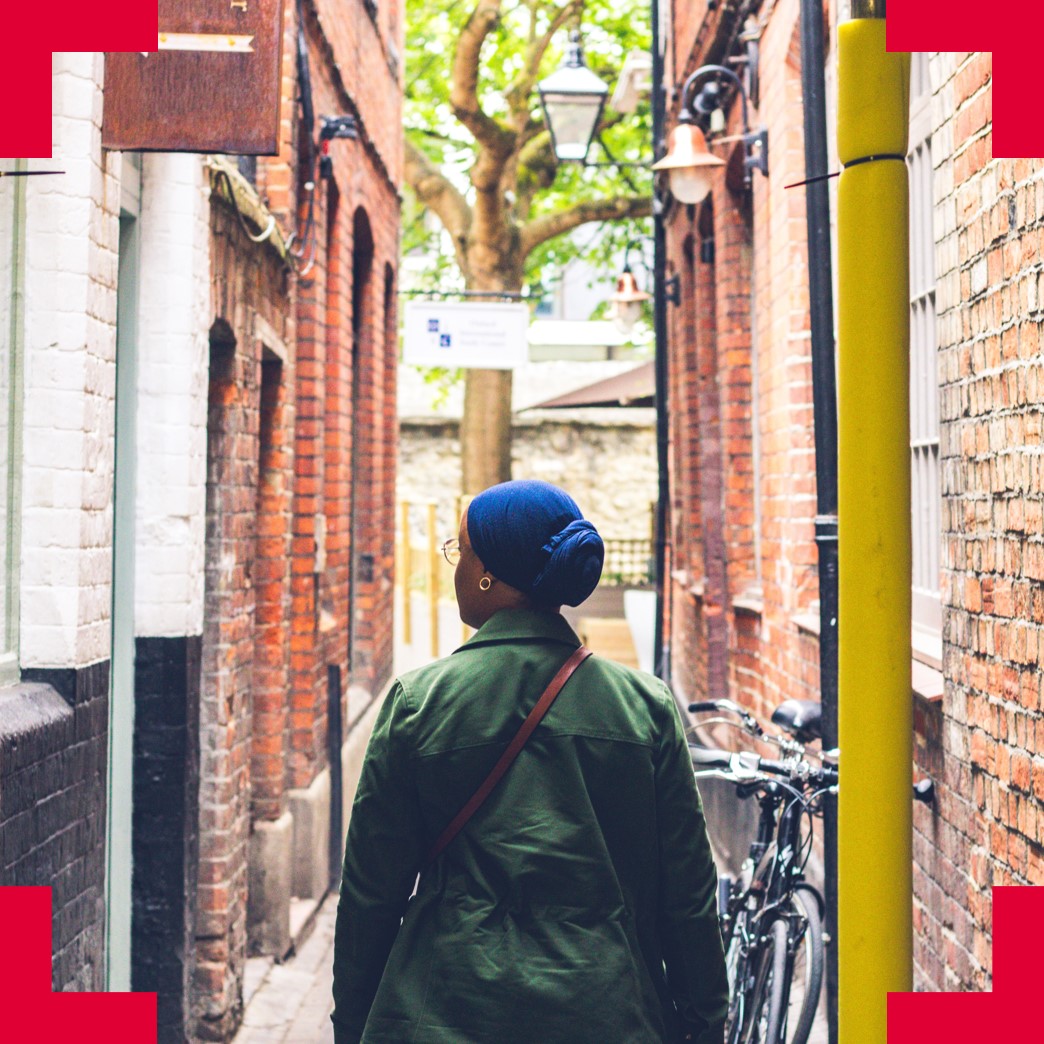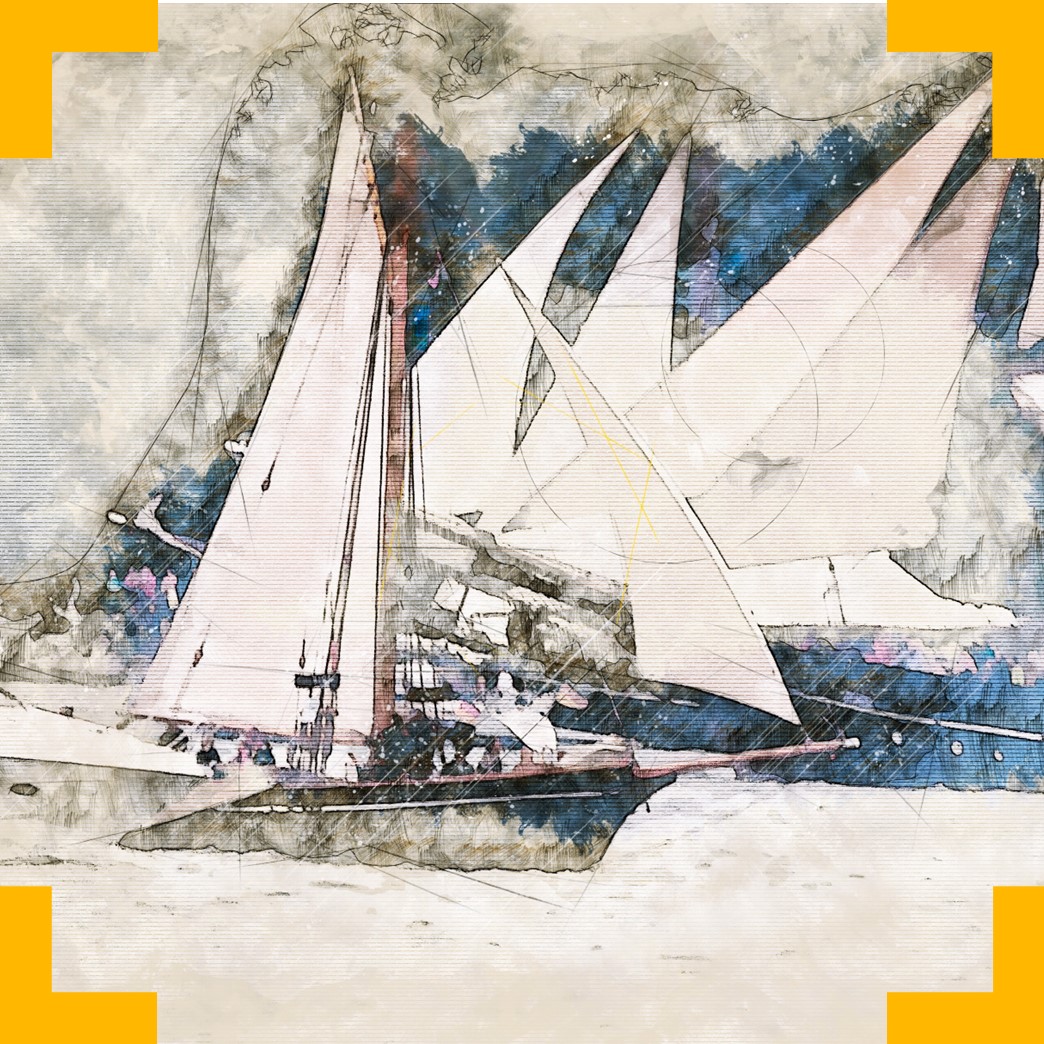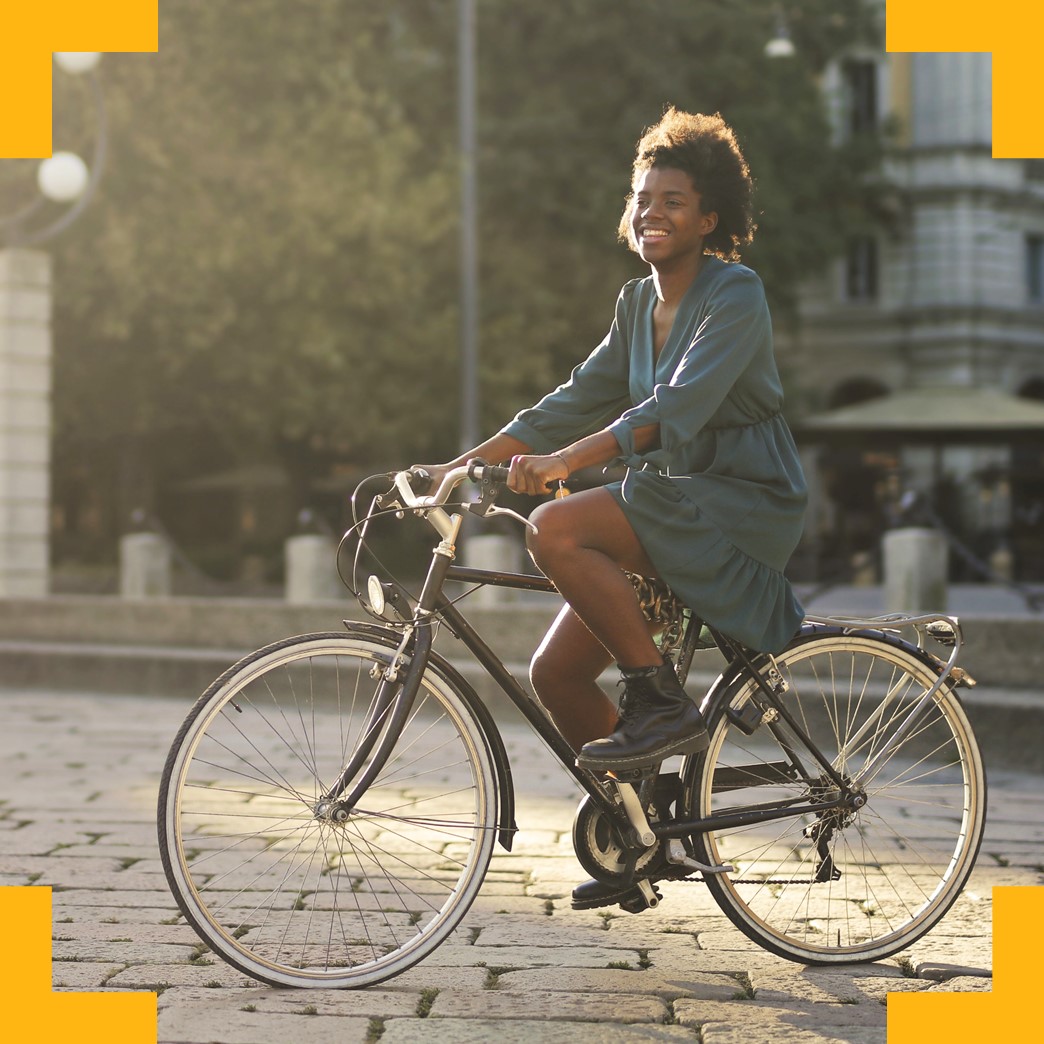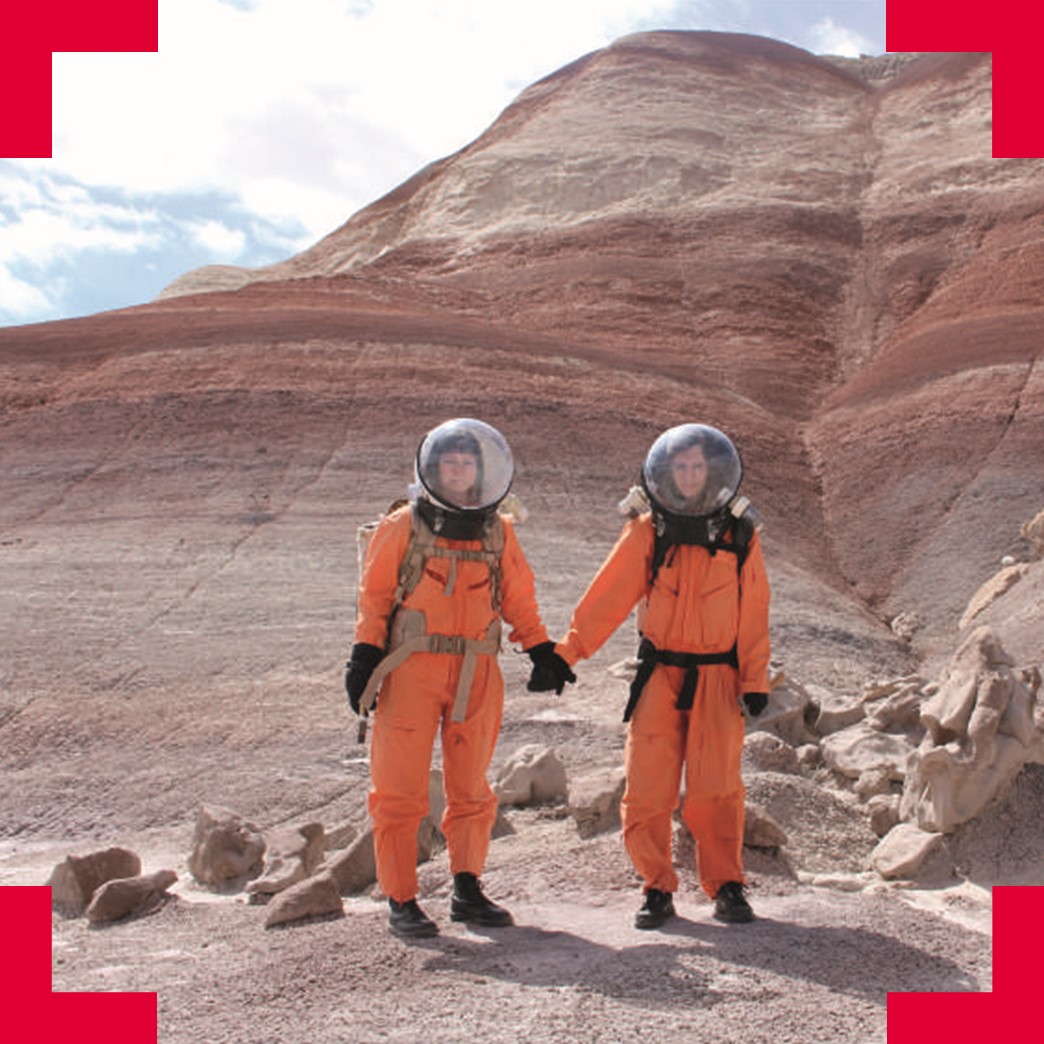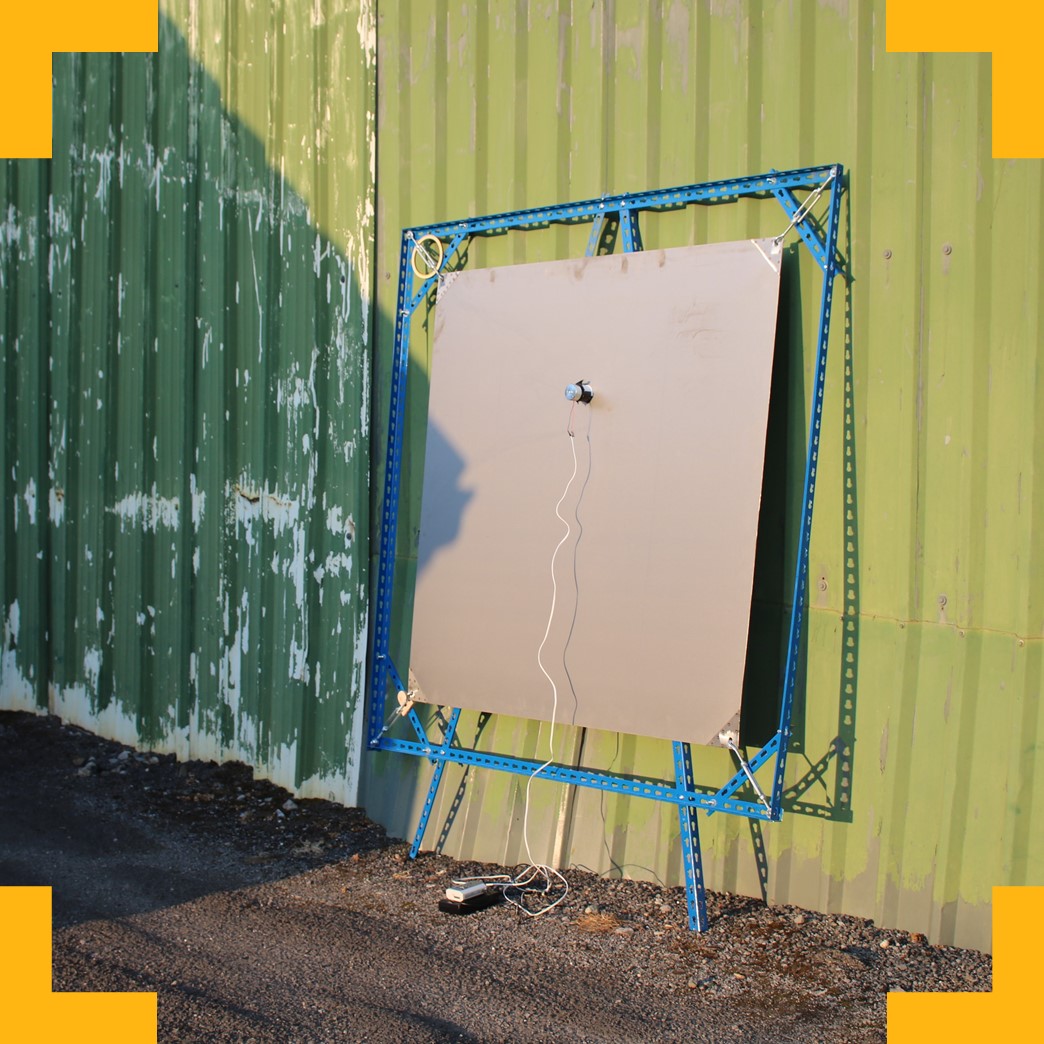-

The Afro-Asian Networks project investigates networks of Asian and African intellectuals, activists, writers, and artists moving within the global context of the early Cold War in the first decades of decolonisation. At the time of this study, this interdisciplinary research …

Brigstow brings researchers from different disciplines together with a range of partners across the city and beyond to experiment in new ways of living and being.

